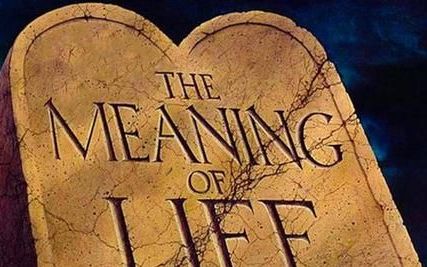Museums are often regarded as a place where rare and valuable objects are showcased. However, they are much more than that. They are institutions that preserve and interpret cultural and natural heritage for the public. In this article, we will explore the significance of museums for society, delve into their history, and examine the role they play in education and research.
The Significance of Museums for Society
Museums play a crucial role in preserving and presenting cultural and natural heritage to society. They offer a unique opportunity for people to connect with history, art, science, and culture. By providing a window into the past, museums allow us to understand who we are, where we came from, and where we are heading.
Moreover, museums also serve as important cultural and social hubs. They offer a space for communities to exchange ideas, learn from one another and engage in meaningful discussions. By hosting exhibitions, workshops, lectures, and other events, museums stimulate creativity and inspire learning.
The History of Museums
The concept of a museum dates back to ancient times when rulers and wealthy individuals would display their collections of art and artifacts. However, it wasn't until the seventeenth century that the modern museum, as we know it today, started to emerge.
In 1683, the Ashmolean Museum in Oxford, England, became the first public museum in the world. It was followed by other notable institutions such as the Louvre in Paris, which opened in 1793, and the British Museum in London, which opened in 1753.
Over time, museums have undergone significant transformations, expanding their collections and evolving their roles in society. Today, museums range from massive national institutions to small community-run museums that showcase local heritage.
The Role of Museums in Education and Research
Museums are not only important for preserving and presenting cultural and natural heritage to the public, but they also serve a critical role in education and research. They offer a unique learning environment that caters to diverse learning styles and engages visitors of all ages.
By providing access to collections of rare and valuable objects, museums offer researchers and scholars the opportunity to further their understanding of history, culture, and science. In some cases, museums play a critical role in documenting and preserving endangered or extinct species.
Moreover, museums are also actively engaged in creating innovative educational programs that cater to diverse audiences. They use cutting-edge technology, interactive displays, and engaging exhibits to share knowledge and inspire learning.
Conclusion
In conclusion, museums play a significant role in preserving and presenting cultural and natural heritage to society. They are critical in shaping our understanding of the past, present, and future. Moreover, museums serve as important hubs of learning and cultural exchange, providing unique opportunities for education and research. So, next time you visit a museum, take the time to appreciate its significance and all it has to offer.
SEO-Optimized Title: Discovering the Significance and Role of Museums in Society
版权声明:本文来自用户投稿,不代表【新糯网】立场,本平台所发表的文章、图片属于原权利人所有,因客观原因,或会存在不当使用的情况,非恶意侵犯原权利人相关权益,敬请相关权利人谅解并与我们联系(邮箱:435320734@qq.com)我们将及时处理,共同维护良好的网络创作环境。

